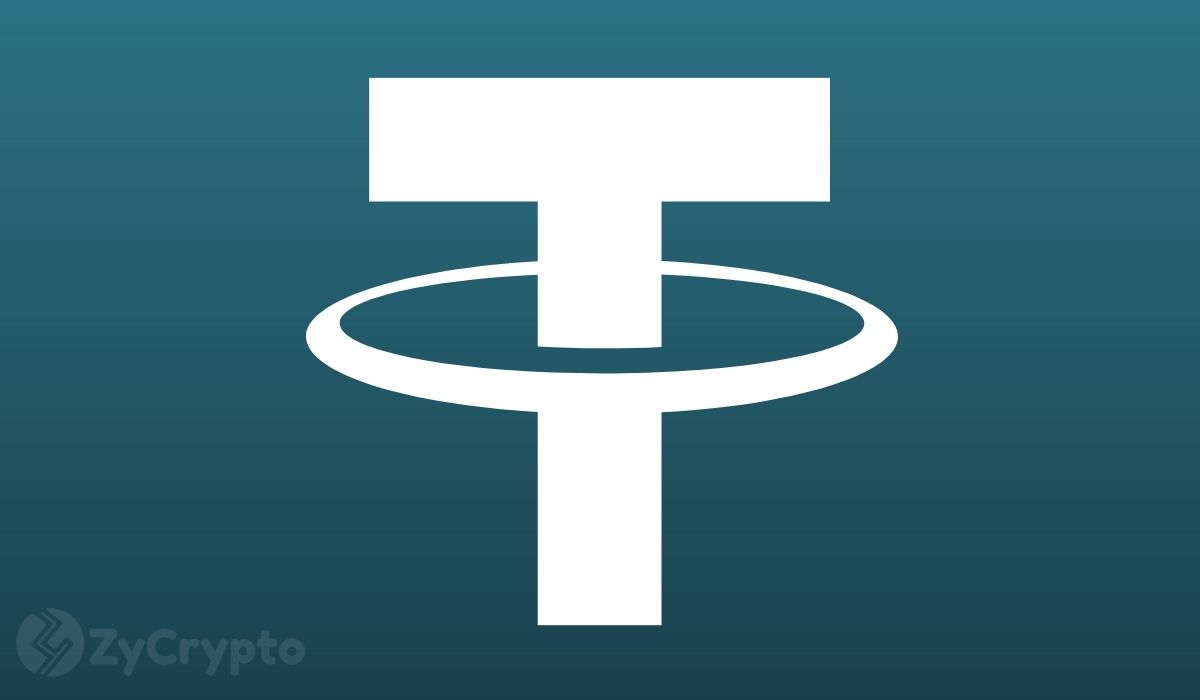Although Chinese authorities previously banned cryptocurrency trading and mining outright and caused the closure of many crypto-related businesses in the process, some local companies seemingly still pay their employees’ wages and bonuses in stablecoins like Tether’s USDT.
However, China’s Chaoyang Court has barred employers from utilizing stablecoins such as USDT to pay salaries.
Chinese Court Illegalizes Salary Payments In USDT
A stablecoin is a cryptocurrency designed to be redeemable for a specified quantity of a less volatile monetary asset, such as a fiat currency. Such coins are intended to offer efficiencies and utilities to blockchain-based payments presently witnessed with traditional currencies.
According to a Wednesday report by the local publication Beijing Daily, a plaintiff going by the name of Shen, who was working as the vice president of products at a local blockchain technology company, dragged his employer to court for paying his wages and bonuses in USDT instead of the renminbi (RMB) — also known as Chinese yuan.
The court declared that virtual currencies must not be circulated in the market as currency, which means all employers are required to pay their staff only in RMB. The court further cited Beijing’s complete ban on cryptocurrencies implemented in September 2021, adding that the leading stablecoin and other digital currencies do not possess the same legal status as the country’s legal tender.
That being said, the court supports Shen’s request for wage payments in the form of RMB as it complies with the “Labor Law” and has ordered the defendant to pay over 265,000 RMB in salary and bonuses to the plaintiff.
USDT Maintains Dollar Parity
Stablecoins have grabbed a sizable share of the entire crypto market capitalization in recent months, as the majority of cryptocurrencies have declined in prices. This is despite the May death spiral of the formerly third-biggest stablecoin in the market, Terra USD (UST), sparking a wave of redemption as investor confidence waned.
Tether chief technology officer Paolo Ardoino confirmed late last month that multiple hedge funds have been trying to short USDT, suggesting that they are betting on the stablecoin losing its 1:1 peg with the U.S. dollar.
There have also been concerns around USDT’s inadequate backing, and its substantial exposure to defaulted firms and Chinese commercial paper. Ardoino, however, refuted those rumors and maintains that Tether has enough liquidity and can return money to customers asking for USDT redemptions without much hassle.
Despite the significant market volatility in recent days and the Chinese court banning salary payments in USDT today, the stablecoin is currently priced at $1.00, according to CoinGecko — at parity with the U.S. dollar as intended.







